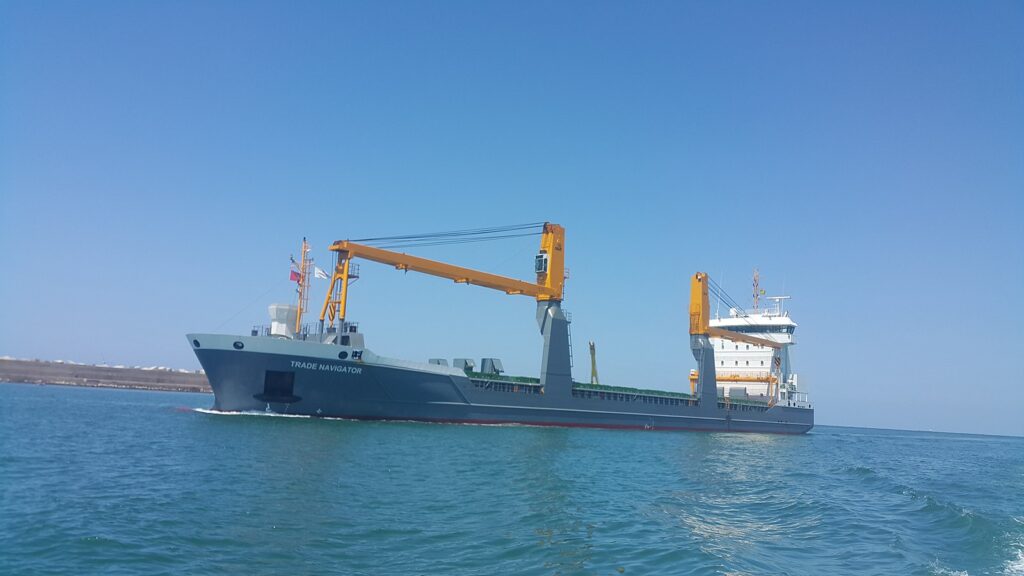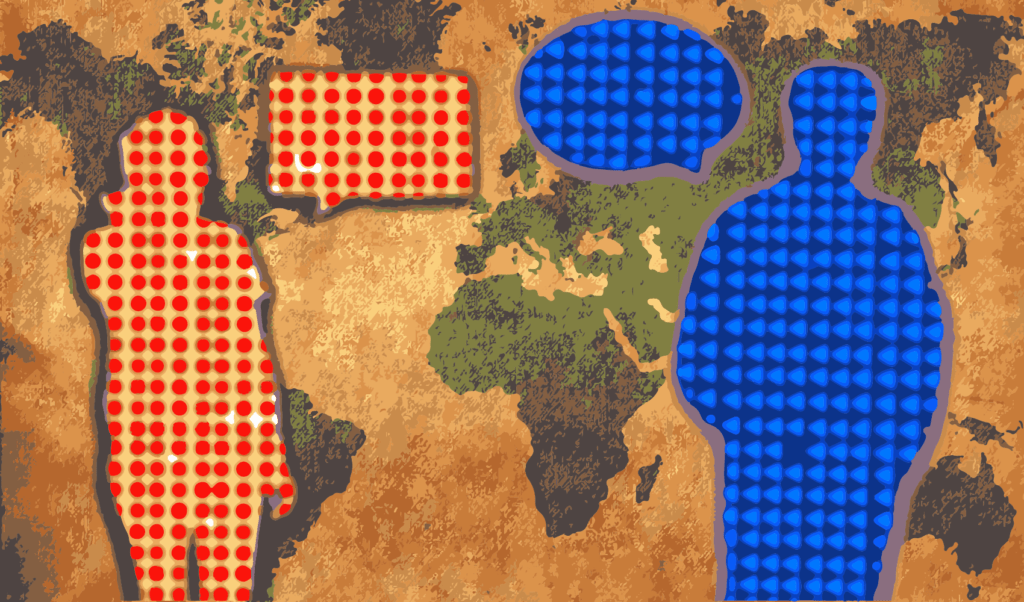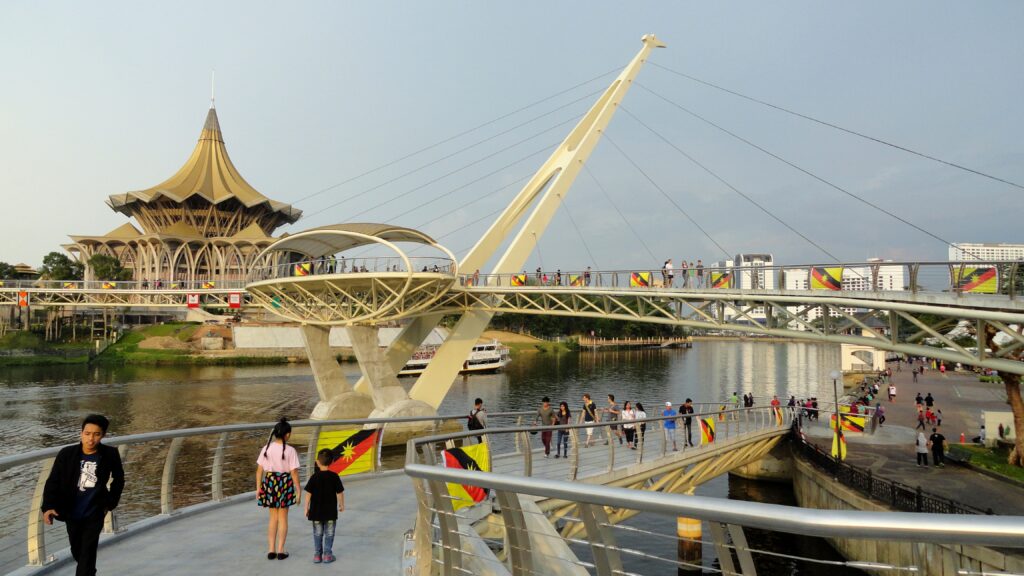All corners of the planet are en route to better internet access, helping send the traditional language barriers plaguing global trade tumbling.
 Global trade barriers are easing as it becomes easier to speak across languages. : Farid Mernissi, Wikimedia Commons CC BY 4.0
Global trade barriers are easing as it becomes easier to speak across languages. : Farid Mernissi, Wikimedia Commons CC BY 4.0
All corners of the planet are en route to better internet access, helping send the traditional language barriers plaguing global trade tumbling.
International trade experts obsess over new ways to reduce the cost of doing business across borders, but often overlooked is one simple barrier that can seriously slow business.
Language matters more than many may think when it comes to global trade. When trading partners use similar languages, trade is likely to be 72 percent higher on an average than when trading partners are linguistically distant. Language similarities between countries can boil down to a mutual official language, common spoken language, or a shared native language.
Unsurprisingly, getting online has significantly reduced the language-based barriers to international trade. Internet access facilitates trade both directly by, for example, helping traders network and communicate across time zones. The challenge is ensuring equal access as the technology connecting people evolves.
Internet access provides buyers and sellers information to make sound plans and find better deals, regardless of language-based barriers. A 10 percent increase in the ‘internet network value’, which measures how digitally interconnected two countries are, leads to a rise of 0.1 to 0.9 percent in trade between the states in question, with the jump much more pronounced between countries that speak different languages. When the internet network increases just by one percent, the trade gap between partners decreases by about five percent.
The internet offers traders at all levels a strong capacity to provide translation services in real-time, meaning individuals do not need to speak similar languages in order to trade.
The internet also gives all-hours access to a much larger marketplace connecting people across countries and cultures. Online mechanisms such as seller ratings, detailed product descriptions and pictures facilitate buyers’ searches and mitigate seller adverse selection (situations where the seller has more information than the buyer). This is making it easier for start-ups and retailers from developing economies to access the global economy and find a more diverse base of consumers than if they remained limited to their local community.
However, given there are wide disparities among nations in terms of their access to the internet, new advances in digital technologies could increase income inequalities. Institutions such as the World Bank and World Trade Organization have taken on the task of narrowing the gap, investing in expanding internet access to the billions who still can’t reliably get online. Given the infrastructure, technology and human resources required to establish and maintain reliable internet services, as well as making it affordable and accessible, this effort would have to be greatly intensified to come to fruition in the near future.
But it’s a challenge worth taking on. The internet’s importance to global trade is only going to increase as more and more economies depend on it. Ongoing developments in the digital world, such as blockchain technologies, virtual currencies, and smart contracts, could extend the disparity between countries and consumers who can harness online resources and those who cannot. Proponents of these innovations believe it will make digital spaces more equitable, but that relies upon developing economies being brought along with focused and sustained investment. Digital tools have already helped knock down trade barriers, and could ultimately make language much less relevant in the quest to fully bust borders when it comes to commerce.
Erick Kitenge (ORCID) is an Assistant Professor in the College of Business at Prairie View A&M University, Texas, USA. His main fields of research are International Economics and Development Economics.
Sajal Lahiri (ORCID) has been an academic economist since 1978, specialising in international trade, development economics, and environmental economics. He worked at the University of Essex, UK during 1978-2002, and since 2002 he holds the endowed Vandeveer Chair in Economics at the Southern Illinois University Carbondale.
Originally published under Creative Commons by 360info™.













